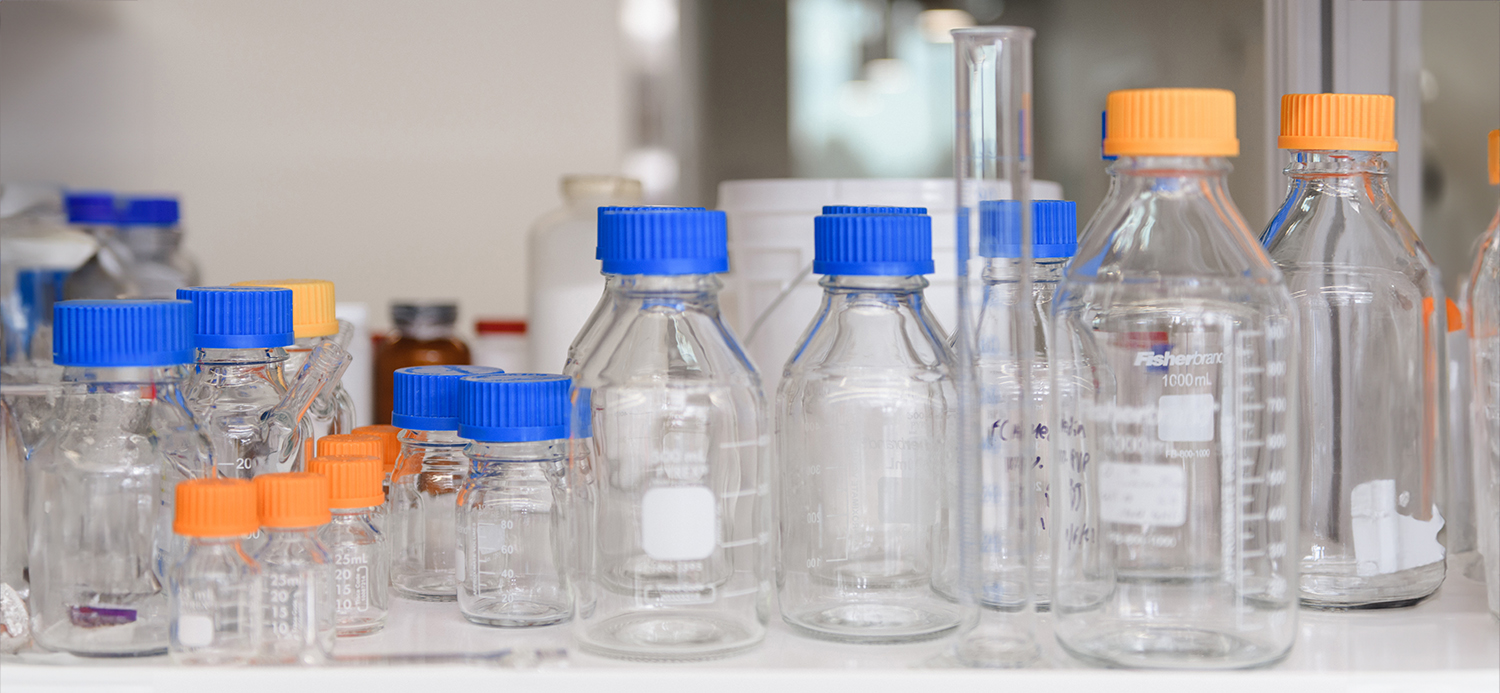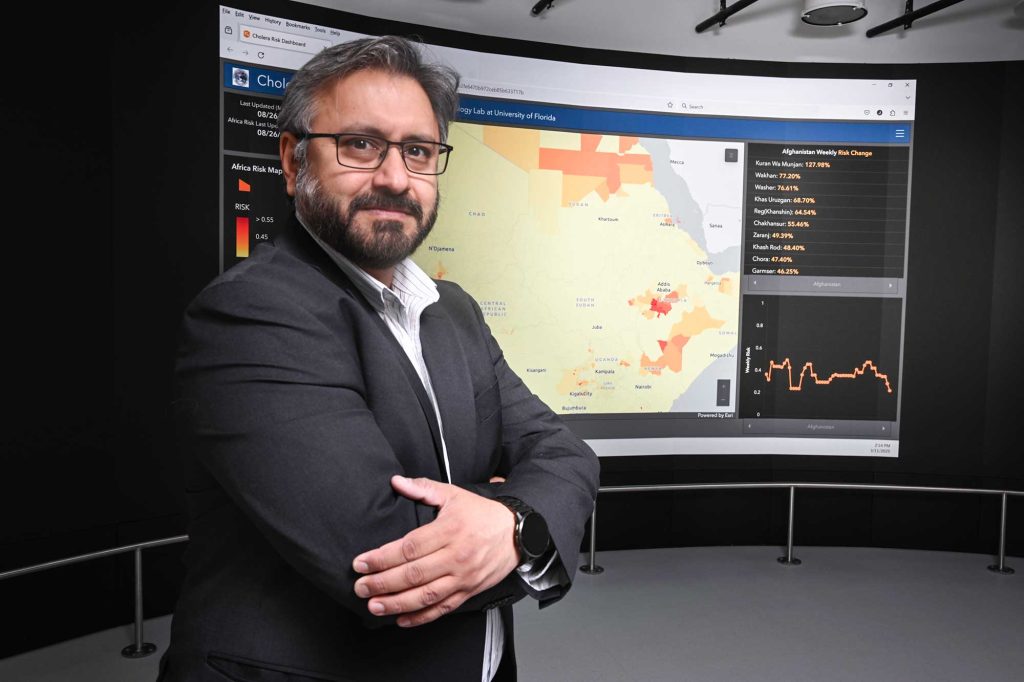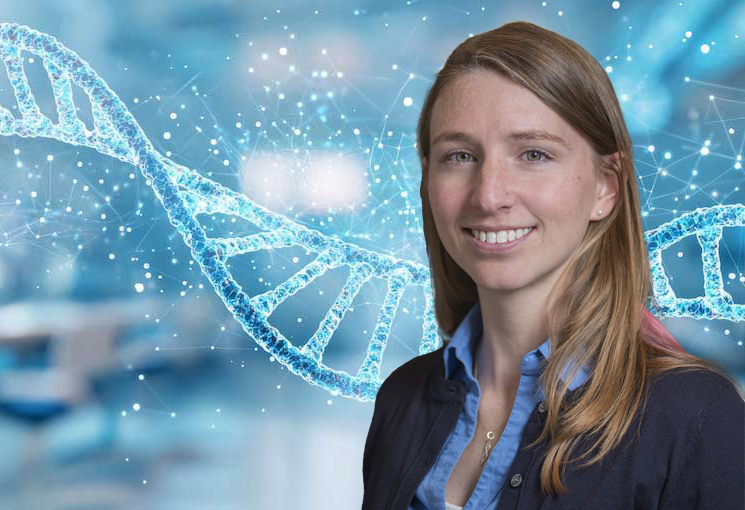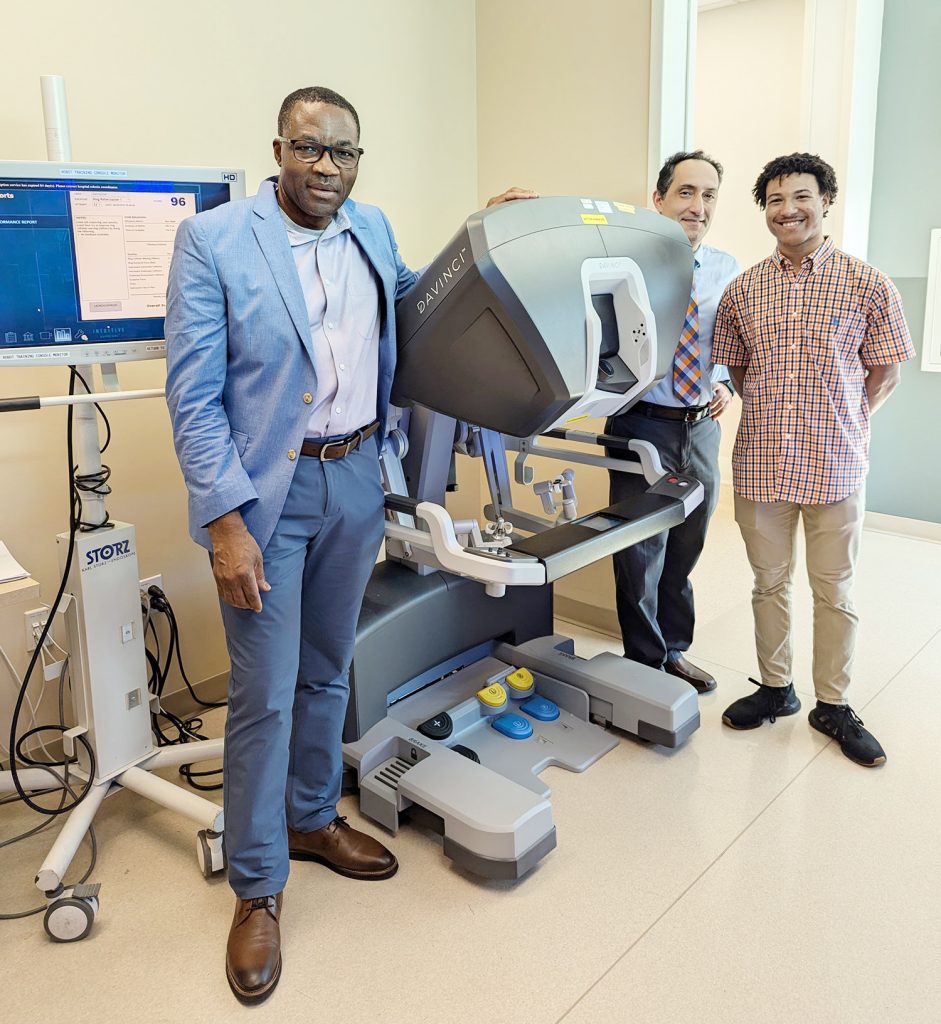
Engineering a Smarter Future for Public Health
From predicting infectious disease outbreaks to revolutionizing genetic research, UF’s Herbert Wertheim College of Engineering is leading the way in public health innovation. By integrating AI, real-time environmental modeling and monitoring, and precision medicine engineering, our researchers are driving transformative changes to safeguard human health and shape a healthier tomorrow.

Predict, Prevent and Prepare: Setting the Standard with AI-Powered Solutions
Cholera remains a significant global health threat, affecting up to 4 million people annually. At UF, Antarpreet Jutla, Ph.D., and his team are leading the fight against this deadly disease through cutting-edge predictive technologies. Their pioneering Cholera Risk Dashboard — a real-time, interactive web platform that uses AI-driven machine learning, satellite data and information on climate patterns to predict cholera outbreaks — enables data-driven proactive interventions and improved decision-making. Deployed in 20 countries, this dashboard sets the gold standard for other global infectious disease monitoring, ensuring communities receive early warnings and preventive resources leveraged before outbreaks even occur.
Building on this success, the same UF team turns their expertise onto the Gulf Coast where hurricanes and climate impact have increased the risk of dangerous vibrio bacteria outbreaks. Similar to the Cholera Risk Dashboard, the state-of-the-art Vibrio Warning System identifies and tracks harmful pathogens that turn deadly in flooded Gulf waters. The AI-driven system is powered to provide crucial alerts to rescue workers, policymakers and the public; ensuring safer operations and coastal activities during disaster rescue and restorations.
Bias-Free Genetic Research and Precision Medicine
Precision medicine holds the key to more effective disease prevention and treatment, but existing genetic models lack data across diverse human populations. UF’s Kiley Graim, Ph.D., and her team’s pioneering PhyloFrame — an AI-powered tool — corrects ancestral bias in genetic research. By incorporating diverse genomic data, PhyloFrame enhances the accuracy of disease prediction and treatment strategies for nearly all populations. Powered by the nation’s most advanced supercomputer in higher education, the HiperGator, this innovation aspires to make precision medicine benefit everyone — regardless of ancestry — bringing us one step closer to truly equitable global healthcare.


Smart Medicine: Advancing Treatment and Aftercare with Robotics and AI
Beyond diagnostics, UF engineers are leveraging artificial intelligence and robotics to streamline patient care, enhance rehabilitation and improve surgical precision. By integrating AI, high-precision robotics and advanced biomedical devices and monitoring in the clinical setting, electrical engineer Christophe Bobda, Ph.D., and biomedical engineers Aysegul Gunduz, Ph.D., and Parisa Rashidi, Ph.D., are harnessing the power of cutting-edge innovations to significantly improve patient outcomes on an unparalleled level.
From Suffering to Solutions: Rethinking Pain Treatment
Chronic pain affects millions worldwide, disrupting lives, limiting mobility and reducing quality of life. From osteoarthritis to post-surgical pain, many treatments only manage symptoms without addressing the underlying causes and exclusive pain targets. At UF, chemical engineer Carlos Rinaldi-Ramos, Ph.D., and biomedical engineer Blanka Sharma, Ph.D., lead a team of researchers who are transforming pain care with cutting-edge nanoparticle imaging and AI-driven insights. Magnetic Particle Imaging (MPI), a revolutionary scanner, tracks intravenously administered nanoparticles with unmatched precision, offering a breakthrough in diagnosing and treating osteoarthritis. Meanwhile, UF is also building one of the world’s most data-dense pain repositories, using AI to analyze post-surgical tissue to decode pain pathways. By integrating advanced imaging, AI and a dynamic interdisciplinary approach, UF biomedical engineer Kyle Allen, Ph.D., and his interdisciplinary team are transforming pain treatment and restoring hopes for millions to become pain-free.




